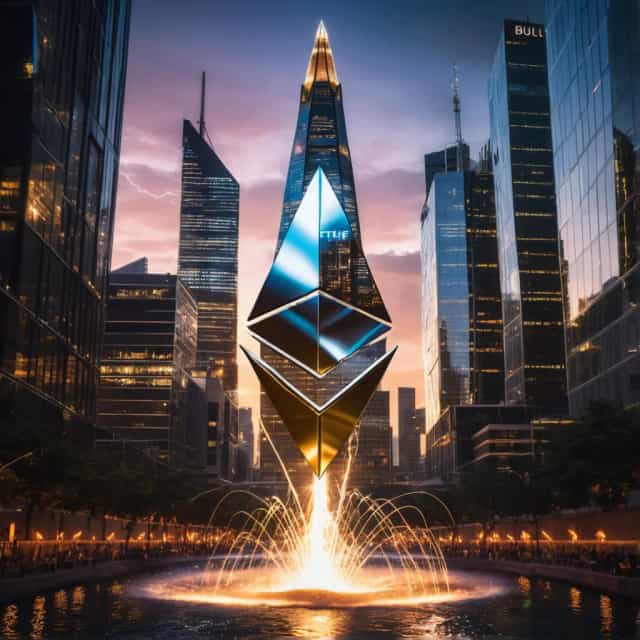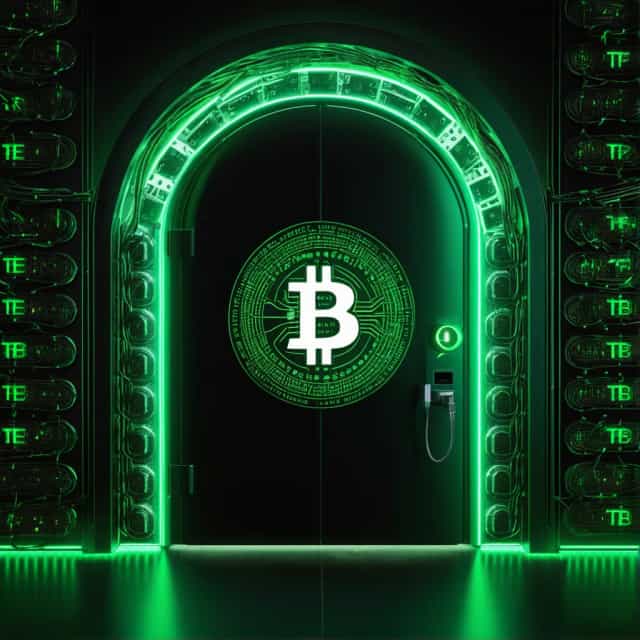![“AI Hallucinations: 90% Resolution, Growth into Medical & Legal Markets – Stone Gettings, Mira Network [KBW 2025 Interview]”](/_next/image?url=https%3A%2F%2Fwww.blockmedia.co.kr%2Fwp-content%2Fuploads%2F2025%2F10%2F20251001-103919.jpg%3Fformat%3Dwebp%26width%3D600&w=1200&q=70)
출처: Block Media
MIRA Network Redefines AI Accuracy by Cutting Hallucination Rates to 3-4%
The issue of “hallucination” in AI models—when artificial intelligence generates inaccurate or fabricated information—continues to pose a major challenge to the broader adoption of AI across industries. With error rates ranging between 20-40%, this problem jeopardizes trust in AI applications ranging from healthcare to legal systems and digital assets. Now, MIRA Network, a pioneer in the AI verification space, touts a revolutionary breakthrough, claiming to reduce hallucination rates to just 3-4% using its proprietary "Ensemble Evaluation" technology. Stone Gettings, Growth Lead at MIRA Network, revealed this significant milestone during an exclusive interview with Block Media on October 23rd.
MIRA Network specializes in validating the accuracy of AI outputs, addressing one of the most pressing technological barriers to AI adoption. Backed by $9 million in funding from heavyweights such as Big Brain Holdings and Framework Ventures, the project has rapidly garnered attention for its ambitious mission to transform AI reliability—not just in cryptocurrency markets, but across mainstream sectors where accuracy is paramount.
Gettings underscored the critical importance of this innovation. “Minimizing hallucinations isn’t just about improving the digital asset ecosystem; it’s essential for industries where errors can lead to life-altering consequences, like medicine and law.” He outlined MIRA's goal to set new standards for evaluating AI outputs while actively expanding its ecosystem into Web2 markets, positioning itself as a universal solution for trustworthy artificial intelligence.
From Basketball Courts to Blockchain Innovation: The Story of Stone Gettings
Stone Gettings’ journey to becoming a leader in AI verification is as unconventional as it is inspiring. Sharing his personal story, Gettings detailed how his background in professional basketball eventually led to his entrepreneurial endeavors in blockchain technology. “I played college basketball, joined Accel (a venture capital firm) after COVID paused sports seasons, and later immersed myself in blockchain’s potential,” he explained.
His entrepreneurial experience includes spearheading business development at Kadena and playing in Japan’s professional B-League basketball circuit. Despite his commitments as an athlete, Gettings collaborated with co-founder Karan on several blockchain projects, culminating in the launch of MIRA Network in 2023. The timing coincided with the surge in AI advancements, such as the widespread adoption of ChatGPT, making MIRA’s inception all the more timely and relevant.
Decoding Ensemble Evaluation: A Groundbreaking Solution to AI Hallucinations
Traditional AI-integrated blockchain projects focus largely on verifying data inputs to ensure accuracy before feeding them into AI models, employing technologies like zero-knowledge machine learning (ZKML). While these efforts address input integrity, they overlook the inherent flaws of the AI models themselves, which have a 20-40% likelihood of generating inaccurate outputs. According to Gettings, MIRA targets this overlooked facet: the validation of AI outputs themselves.
What sets MIRA apart is its Ensemble Evaluation methodology. Unlike approaches reliant on a single large language model (LLM), MIRA deploys multiple AI models—such as OpenAI, Llama, and Claude—simultaneously. By comparing their outputs and pinpointing areas where they converge, MIRA ensures unmatched accuracy. Gettings explained this innovative approach, stating, “While the probability of one AI model hallucinating is high, the chance that multiple models produce the same error is astronomically low.”
This decentralized system is bolstered by diverse verification nodes and computing partners, which prevent any one model from monopolizing the network while enhancing the validity of outputs. This breakthrough method exemplifies the robust capabilities of MIRA Network in solving one of AI’s most pervasive problems.
Transformative Real-World Applications
MIRA Network’s technology is already delivering substantial benefits across various real-world scenarios. One particularly notable example is its collaboration with India’s national examination board. Previously, creating exam questions required 30 minutes to an hour of manual effort. Now, with MIRA's API, AI systems generate comprehensive question lists in under five minutes—achieving more than a 90% reduction in costs. This dramatic improvement highlights how ensemble validation technology can drive efficiency on a global scale.
Token Generation Event (TGE) and Future Roadmap
When asked about MIRA’s Token Generation Event (TGE), Gettings offered little detail, teasing that it was imminent but advising followers to monitor the company’s official X (formerly Twitter) account for updates. MIRA is gearing up for major milestones, including a mainnet launch, after spending the past year and a half running its private API for millions of users.
Recent advancements in MIRA’s product offerings include the beta rollout of its Verify API, tested across diverse industries, such as astrology apps and AI image generation platforms. Adding momentum to its expansion strategy, the network announced a partnership with ZeroG. Long-term goals include further API adoption in Web2 markets, particularly in high-stakes sectors like medicine and law. Gettings underscored the reliability of their technology, saying, “Doctors misdiagnosing conditions or lawyers citing incorrect legal precedents are mistakes that our platform can help prevent.” He also revealed plans to introduce a ‘Solutions Architect Agent’ aimed at growing MIRA’s ecosystem.
Cultivating Support From South Korea
Before wrapping up the interview, Gettings spoke passionately about MIRA Network’s connection to its South Korean community. “This is my fifth visit to Seoul in the last year, and the warm welcome has been truly inspiring,” he remarked, stressing the overwhelming interest at events such as Korea Blockchain Week (KBW). “I feel incredibly fortunate and blessed. Thank you for your unwavering support—it means the world to us.”
MIRA Network’s unwavering commitment to enhancing AI reliability and its steadily growing momentum position it as a transformative force in global artificial intelligence adoption. As industries increasingly seek accuracy and trustworthiness in AI applications, MIRA’s breakthrough technology offers a compelling answer to one of the world's most critical technological challenges.










